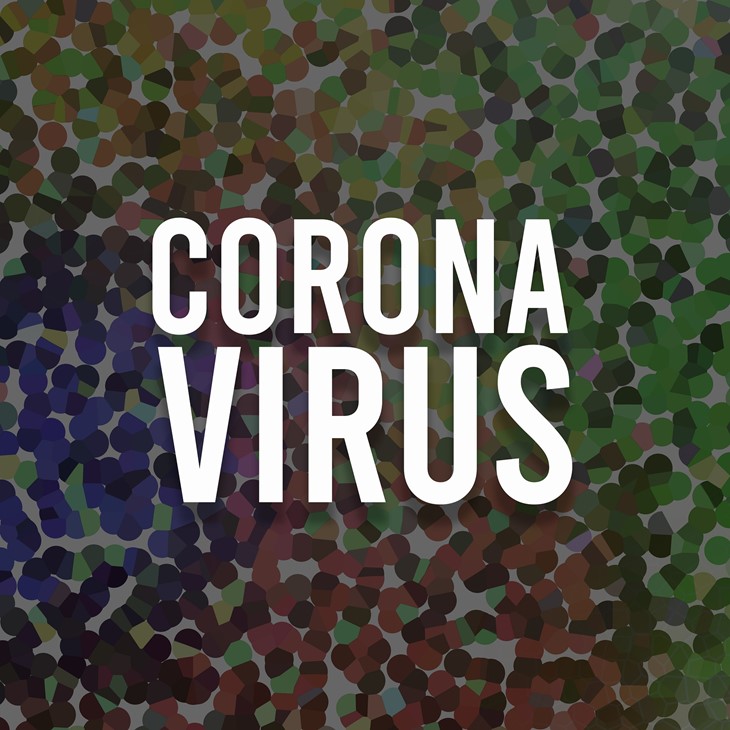- Get a quote
- Jobs
-
Employers
- Employers
-
Hire Staff
-
Our Sectors
-
Testimonials
-
About
- About
-
Our Team
-
Our Company
- Contact
- Blog
- EN | PL
Coronavirus – how you should deal with it

Posted by
HR GO Recruitment
on
It’s all anyone is talking about right now.
The latest Coronavirus – COVID-19 – is spreading across the world at an alarming rate. The Italian Government have announced that they will be closing all schools for ten days and, whilst the UK hasn’t got to that stage yet, it is important that we take all possible precautions to stop the spread.
What should you do?
The most important thing to do is to follow and stay up to date with all professional advice. The World Health Organisation has regular updates on the virus on its website, as does the British Government.
Everyone is advised to wash their hands with soap and water – or hand sanitiser if soap is unavailable – more regularly than usual. They should be washed for twenty seconds, the equivalent of singing the Happy Birthday song twice. As teachers, it is important to do so and actively encourage students to do the same. Perhaps you could create a task in a lesson where students write their own song, poem or story that lasts twenty seconds, which they could then use? Washing hands is the best way to stop the spread of the virus.
The second bit of advice is to ensure you and your students are sneezing and coughing into tissues – or a sleeve if they are unavailable. Ensuring each room is well stocked with tissues is important, so that they are readily available. Tissues should be thrown in the bin and hands washed after this.
You should also try to avoid physical contact with others as much as possible, and avoid touching your eyes, mouth and face with unwashed hands.
If you – or someone you have been in contact with – have recently returned from an affected area, it is important that you follow medical advice. This includes ringing 111 – do not go to your Doctor – and self-isolating for 14 days.
It may be useful to download or create a poster with these details on to put up in all classrooms, if you haven’t already.
What are the symptoms?
You need to be aware of the symptoms and look out for them.
The symptoms begin with a fever, followed by a dry cough. This is followed by respiratory problems and difficulty breathing. Again, if you notice these symptoms yourself, you should call 111 and self-isolate. If you notice them on someone else, you should encourage them to do the same.
The BBC has a useful guide on COVID-19, the symptoms and what to do.
Categories
Featured insights
Starting School Again After Half Term
Half term is almost over and it's back to school on Monday - again! Here's some tips for getting yourself back into the flow of things.
Read moreRecent insights
Teacher Salary Increase
Starting Salaries for new Teachers are set to rise ti £26,000 at the start of the next school year, with a further increase to £30,000 by 2022. This comes alongside a 2.5% increase for Senior Teachers and School Leaders.
Read more